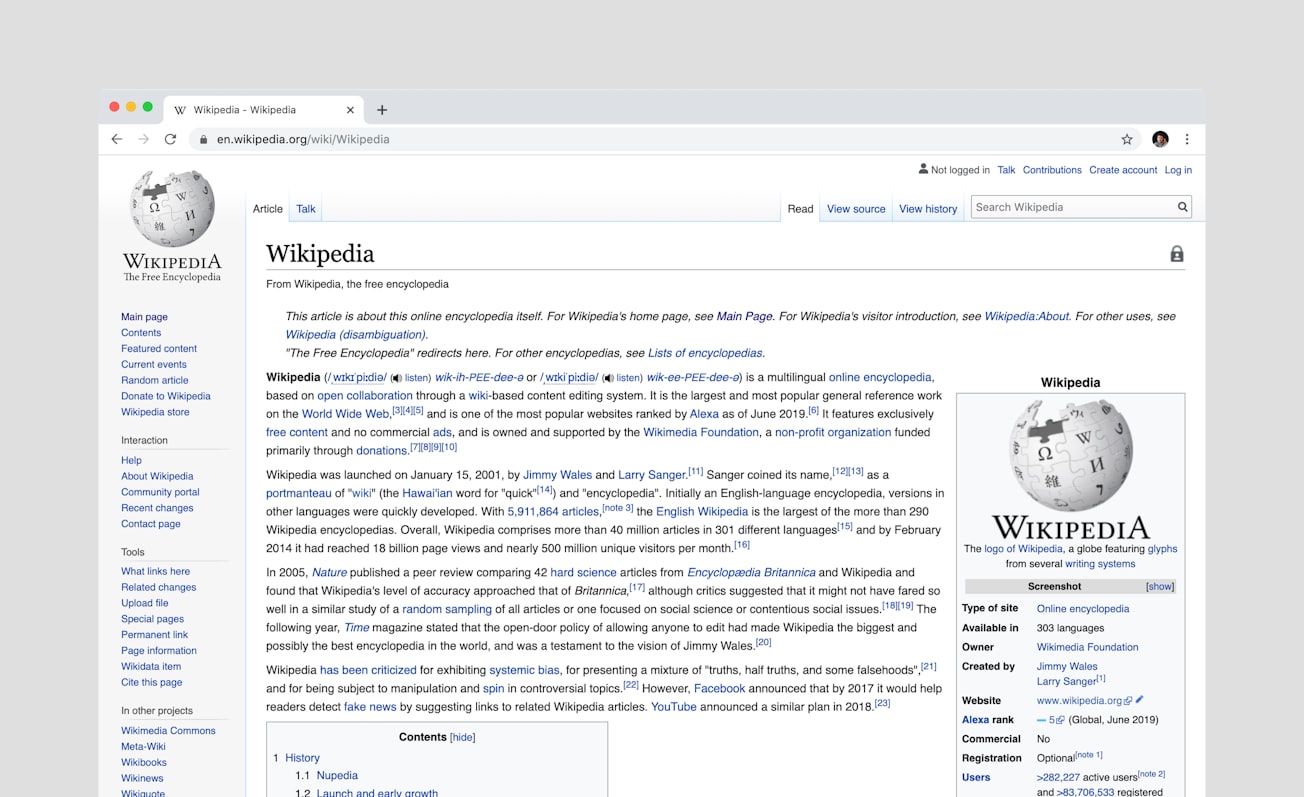What is it about?
1. Based on a Nature "Study" that identified errors in Wikipedia articles 2. Traced the errors to *when* the sentences were added in Wikipedia 3. Showed that most of the errors could be attributed to edits made a long time ago hence disproofing the idea that you could trust sentences in Wikipedia that were unchanged for long periods (at least for the article sample)
Featured Image

Photo by Luke Chesser on Unsplash
Why is it important?
One of the first studies on quality of Wikipedia articles that studied "Quality" in terms of actual factual errors and how it correlated with when the edit was made.
Perspectives
This was written back in the mid 2000s, when there was debate over the accuracy of Wikipedia. My study tested the assumption that "with enough eyeballs all bugs are shallow" principle. Instead what it found was that "accuracy" of articles was at the time often overwhelmingly determined by the first few wikipedia editors who wielded overwhelming influence. It pointed to the need to look at the culture behind Wikipedians and the process of editing Wikipedia.
Mr Aaron CH Tay
Singapore Management University
Read the Original
This page is a summary of: Improving Wikipedia's accuracy: Is edit age a solution?, Journal of the American Society for Information Science and Technology, December 2007, Wiley,
DOI: 10.1002/asi.20755.
You can read the full text:
Resources
Contributors
The following have contributed to this page










